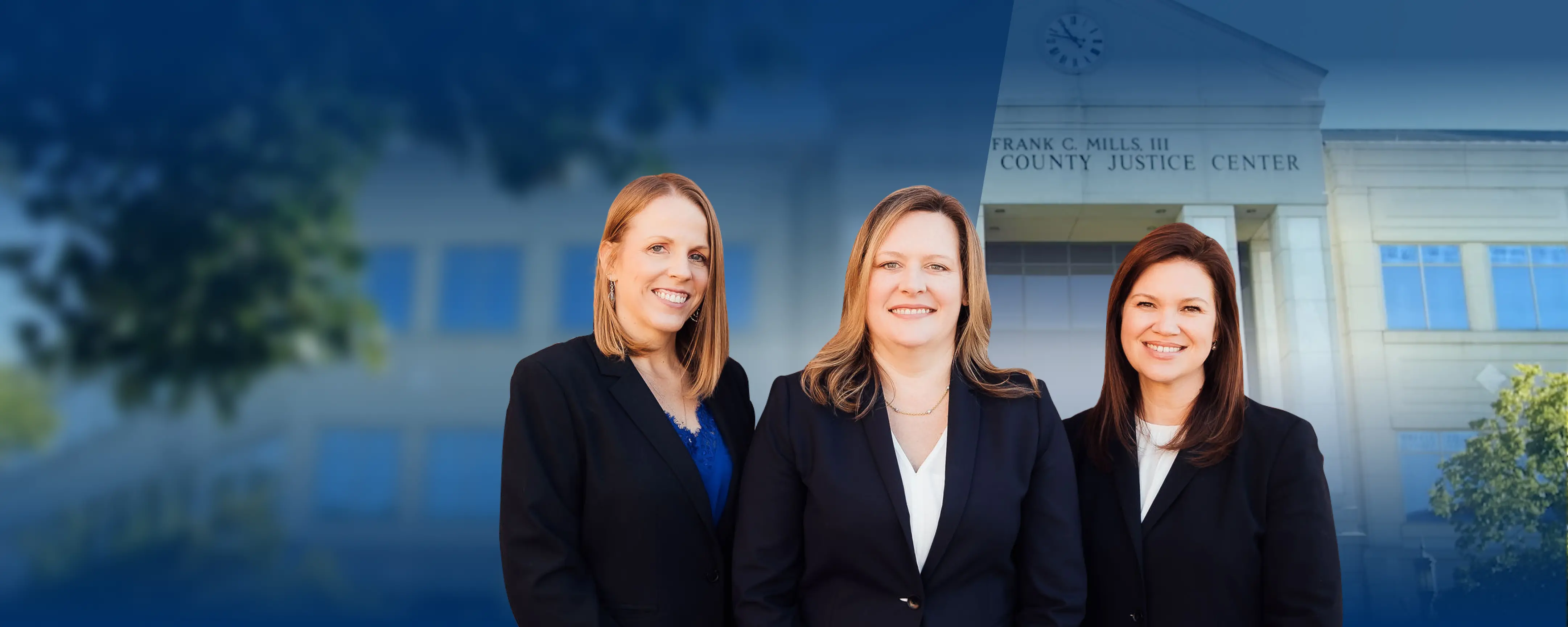
The rights of a custodial parent vs. a non-custodial parent differ in various ways. Custodial parents handle daily care, while non-custodial parents maintain visitation rights. Both parents need to understand these responsibilities to create balanced co-parenting plans.
Our Canton contested child custody lawyers can provide clarity and confidence in helping you understand your parental rights. We can explain what each type of custody means, what rights come with your role, and how to address disputes that may arise during a private consultation.
What Are the Roles of Custodial and Non-Custodial Parents?
When a child’s parents are not together, one parent has primary physical custody while the other parent does not. The custodial parent lives with the child most of the time and handles the child’s daily care. This parent is responsible for things like:
- Making meals
- Helping with schoolwork
- Making sure the child is safe and healthy
- Taking the child to medical appointments
- Managing the child’s daily schedule and activities
The non-custodial parent does not live with the child full-time but still has an important role in the child’s life. They usually have set times for visits and stay involved in the child’s life in different ways.
While they may not make daily decisions, they can still take part in important choices for the child, such as those involving:
- The child’s education
- Medical treatments and healthcare
- Religious upbringing
- Extracurricular activities
- Major life events or changes (e.g., moving to a new home)
The Rights Custodial Parents and Non-Custodial Parents Have
In Georgia, custodial and non-custodial parents have rights and responsibilities concerning their child’s welfare. The main statute governing these matters is Georgia Code § 19-9-3, which emphasizes that custody decisions should prioritize doing what is best for the child.
- The custodial parent has the right to make big decisions for the child. This includes choices about major parts of the child’s life. The state gives custodial parents these rights to help keep their child’s best interests a priority.
- A non-custodial parent has rights, too, even if they don’t live with the child. These rights often include scheduled visits, such as weekends or holidays. They may also have the right to talk to the child regularly through phone calls or video chats.
Non-custodial parents can also be involved in big decisions, like where the child goes to school or what medical care they get. If problems come up with visitation or communication, non-custodial parents can take steps to protect their rights.
Parenting Plans
Georgia law requires parents to have a parenting plan that outlines the specific arrangements for custody, visitation schedules, and how major decisions affecting the child will be made.
This plan helps ensure that both parents understand their roles and responsibilities, keeping the child’s best interests as the focus. If a disagreement arises, both parents must know what to do. In these cases, we can provide legal help to resolve any differences.
How Our Canton Contested Child Custody Attorneys Can Help
Having legal counsel and an attorney to lead your case can go a long way when there is a disagreement or custody dispute. When you come to our Canton family lawyers, we will ask questions to better understand the issues you are facing so we can determine how we can help.
Whether you are a custodial or non-custodial parent, we will explain your rights and what you can do to protect your child’s best interests.
During a private consultation, we will:
- Listen to your concerns: We will take the time to understand your story and needs.
- Explain your custody options: We will review the types of custody available and discuss what might be best for your case.
- Plan a legal strategy: We will create a clear and tailored plan that addresses the issues in your legal matter and effectively presents your case.
- Answer your questions: We will inform you of all developments in your case and prepare you for what’s ahead.
Custody disputes may involve court hearings, during which both parents present their side before the judge decides based on what best benefits the child.
As we prepare your case, we can:
- Collect evidence, which can include records, photos, and documents that support your case.
- Talk to witnesses, which can share important information about your child’s care.
- Organize your case, putting together all the details to show why your proposed plan benefits your child.
We can then represent you in court, explain your side, answer questions, and ensure that your case is clear.
When Can You Pursue a Custody Case in Georgia?
As you consider the rights of custodial parents vs. non-custodial parents, we can advise if you can take legal action in a custody matter, such as in the following situations:
- Disagreements about visitation or parenting time: Disputes can happen when parents cannot agree on visitation schedules. It can also occur when a non-custodial parent is being denied access to their child.
- Concerns about the child’s well-being: If one parent believes the child’s safety, health, or emotional well-being is at risk in the current custody arrangement, they may take legal action to change custody.
- Violation of custody orders: This occurs when the other parent does not follow the terms of the existing custody order, such as missing visits or not sharing important decisions.
- A change in circumstances: Parents may want to modify a custody agreement if one parent’s situation significantly changes (e.g., relocation, job change, or new living arrangements). Our Canton custody modifications lawyers can help you.
- The desire for more involvement: A non-custodial parent might want to increase their parenting time or share more decision-making responsibilities.
- Relocation: When one parent wants to move with the child to a different area, state, or country, they may seek a custody modification order from the court.
- Parental alienation: If one parent feels the other is trying to harm their relationship with the child, they might pursue legal action to address it.
Whatever your legal matter is, a professional from our firm can handle your case. We can file your petition, handle court documents, represent you at hearings, and reduce the stress that comes with custody disputes.
Common Challenges and Solutions in Custody Arrangements
Custodial and non-custodial parents often face challenges that can make co-parenting challenging. Miscommunication and visitation conflicts are common, as well as disagreements over important decisions about the child.
Emotional stress can also play a big role, leading to frustration and anxiety. We understand the sensitive nature of these cases and will provide support and make sure we represent your concerns to all parties and the court.
To keep things on track, here are some tips for positive communication and co-parenting:
- Stay polite: Use respectful language when talking to each other.
- Be clear: Share schedules and important updates in writing to avoid misunderstandings.
- Listen actively: Show that you are listening to the other parent’s viewpoint.
- Put your child first: Focus on what is best for your child’s happiness and well-being.
- Stay flexible: Be open to adjusting plans when needed to support your child.
These strategies can help reduce conflict and create a better co-parenting environment.
We Can Explain Custodial Parents vs. Non-Custodial Parents’ Rights and How They Affect Your Case
We know custody issues can be difficult and emotional, and we can help you get through this challenging time. With over 20 years of experience handling family law matters, Speights Law has guided many parents through challenging custody cases.
Our team approaches each case with compassion, treating your situation with the care it deserves. We will answer questions about your rights as a custodial or non-custodial parent and give you straightforward counsel as you make informed decisions about your child’s future.
To learn more about how we can support you, call us for a private consultation. We offer evening and weekend appointments for your convenience.











